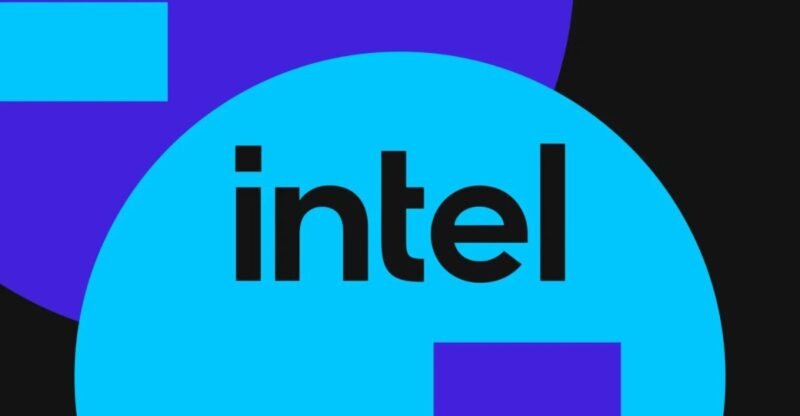Fast Facts
-
Positive Q1 Results: Intel reported Q1 2025 financials exceeded expectations in revenue, gross margin, and EPS, crediting leadership and execution efforts by Dave and Michelle and the entire team.
-
Cultural Revamp Needed: Intel aims to transform its culture by simplifying processes, addressing customer and employee feedback about being too slow and complex, and enhancing collaboration and engineering focus.
-
Organizational Restructuring: The executive team will streamline hierarchy and reduce workforce size to improve agility, with hiring and retention strategies focused on critical talent to navigate upcoming changes.
- Increased On-Site Work: A new policy will require employees to work four days on-site by September 1, emphasizing the importance of in-person collaboration for better decision-making and team connection.
Rethinking Workplace Dynamics
Intel recently announced a shift to a four-day work week in the office, aiming to streamline operations and enhance collaboration. This bold move comes at a time when the tech giant faces significant challenges, including increased competition and shifting market dynamics. By reducing the layers of management, Intel’s leadership hopes to create a more agile and responsive organization. Ultimately, this change addresses the need for speed and efficiency. Companies often encumber themselves with layers that hinder decision-making. By flattening the organization, Intel seeks to empower employees at all levels, enabling them to contribute more effectively to the company’s goals.
Moreover, the emphasis on in-person collaboration highlights the value of personal interaction. Meetings foster vibrant discussions and quicker resolutions. Many remote work models isolate employees, potentially dampening creativity and innovation. As Intel moves to require four days on-site, it signals a commitment to reinvigorating its corporate culture, which many viewed as overly complex and slow. While this approach may not suit every organization, it raises pertinent questions about the future of work. As companies navigate the post-pandemic landscape, the trend toward more flexible schedules could evolve.
Impact on the Future of Work
The implications of Intel’s decision extend beyond its own walls. With this shift, other tech companies might reconsider their workplace structures. Industry leaders could follow suit, nudging towards the notion that a more engaged workforce leads to better outcomes. However, the practicality of enforcing such policies depends on the industry and workforce characteristics. Some companies may find success with hybrid models, while others could benefit from more stringent in-office requirements.
As Intel embarks on this transformation, it sets the stage for a larger conversation about workplace culture in the tech industry. The challenge remains to balance productivity with employee satisfaction. What this means for job seekers is also significant; more companies may prioritize in-person presence as they seek efficiency and cohesion. In this context, Intel’s shift may contribute to broader shifts in how organizations view collaboration and productivity in the era of innovation. The landscape of work is undoubtedly evolving, and industry responses will shape the future of how we connect, create, and deliver.
Discover More Technology Insights
Learn how the Internet of Things (IoT) is transforming everyday life.
Access comprehensive resources on technology by visiting Wikipedia.
TechV1

